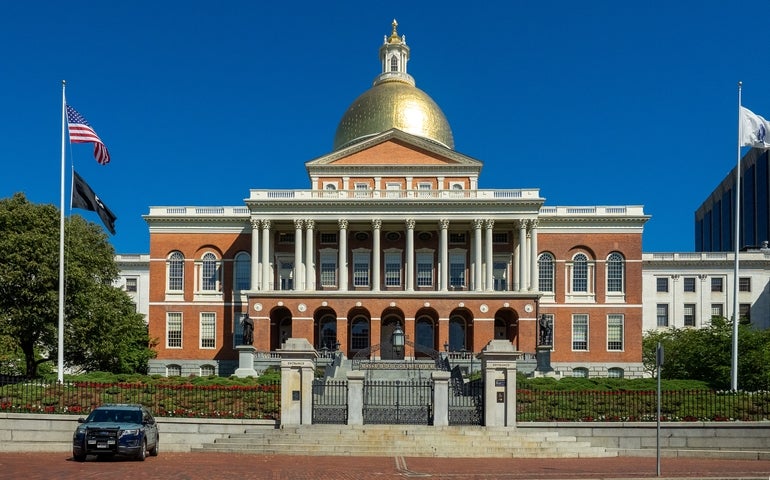The MassHealth rolls decreased slightly in May, but remained larger than they were in March as the seismic campaign to redetermine eligibility for all 2.4 million members continues to ramp up.
MassHealth shed 23,180 members in May, while another 16,698 residents newly enrolled, according to data the Executive Office of Health and Human Services published Tuesday. The growth falls into a “typical monthly range for new entrants,” officials said, while the departures reflect a “modest increase” due to the eligibility redetermination effort.
Over the first two months of the year-long process that is expected to inflict major disruption, roughly 35,000 Bay Staters have left publicly funded health insurance through the state’s combined Medicaid and Children’s Health Insurance Program.
Thousands of those people have shifted to health plans, either subsidized or unsubsidized, available through the Massachusetts Health Connector.
Total enrollment in Connector plans climbed to more than 215,000 as of Sunday, June 4, up from a bit less than 210,000 in March, according to new data from the state-run marketplace.
The state’s MassHealth dashboard combines all departures from the rolls into a single figure, and does not distinguish between Bay Staters who were deemed no longer eligible for MassHealth, those who voluntarily disenrolled, and recipients who died.
About 8,700 people who left the MassHealth rolls in May, more than a third of total departures, reside in one of 15 “priority communities” deemed to have the most people at risk of losing eligibility. Those communities are Boston, Brockton, Chelsea, Everett, Fall River, Framingham, Lawrence, Lowell, Lynn, Malden, New Bedford, Quincy, Revere, Springfield and Worcester.
Nearly one-fifth of those who left MassHealth last month are 20 years old or younger, and about 9 percent are 65 or older. The majority, more than seven in 10, are between the ages of 21 and 64.
Because new enrollment has continued at about an average pace while the state works to determine who is no longer eligible, the roughly 35,000 MassHealth departures in the past two months have yet to deflate the bottom-line membership number.
On May 31, MassHealth’s caseload stood at 2.415 million, a bit more than half a percentage point higher than the 2.4 million members as of April 1.
The Healey administration initially forecast the year-long effort here will shrink MassHealth enrollment by 300,000 to 400,000 members. Each individual review can take several weeks, so officials expect it will take some time for the full scope of the changes to become clear.
“Given that redeterminations began in April, and that most members have 45 days or more to respond to renewal notices, MassHealth will begin to see a significant number of caseload departures in June,” EOHHS wrote in a summary of its May data.
Beacon Hill budget-writers are banking on lower enrollment levels freeing up about $1.9 billion that they plan to spend elsewhere in fiscal year 2024.
Medicaid enrollment swelled across the country during the COVID-19 pandemic, and federal requirements typically barred states from ending coverage during the emergency. Those protections have since ended, and states are in the process of determining which recipients are still eligible.
Nearly 1.35 million people have been disenrolled from Medicaid in 22 states as of Tuesday, according to the Kaiser Family Foundation.

